Precision at the Cutting Point Thanks to the Efforts of WIKUS Saw Technology
WIKUS Saw digs deep to truly understand customer pain points in order to alleviate the challenges. After all, the saw and blades are the first and most important steps in the cutting process, as it determines how workpieces move down the production line. The post Precision at the Cutting Point Thanks to the Efforts of WIKUS Saw Technology appeared first on Fabricating & Metalworking.


WIKUS Saw Technology Corp., a leading manufacturer of band saw blades boasts the industry’s most extensive selection of bimetal and carbide blades. The vast array of solutions positions WIKUS Saw ahead of the competition, according to company officials. By combining this diverse portfolio of innovative bimetal and carbide saw blade solutions, along with comprehensive customer analysis and training support, WIKUS Saw empowers its customers by leveraging hundreds of years of collective expertise.
For instance, it can be easy to forget that cutting solid materials, structural angles, or nickel alloys, titanium or Inconel, as examples, is just the start of the workpiece moving down the production line. Sometimes companies place unexperienced or younger employees as saw operators. When these operators are asked to cut faster, they often just turn up the saw’s power, which doesn’t result in positive results, and can burn up blades and waste material. “Really, one of the most important parts of the entire production process is cutting,” said Don Brewer, national sales manager, USA, WIKUS Saw Technology Corp. The company has production facilities in Addison, Ill., and Santa Fe Springs, Calif.

The WIKUS Saw team works with fabricators to learn their needs and the challenges they need to overcome. For instance, does their process require high output? Or when they cut, do they need a particular finish? “We have blades that can provide various finishes on material, where they might currently be cutting and milling it downstream to finish it up,” Brewer said. “We offer those types of things, which is a unique value proposition and it takes one of those elements out of their processes. Which makes them more productive, saves money — the whole nine yards.”
When working with customers, the WIKUS Saw team focuses on analyzing applications to find a solution for specific needs. Industries served include transportation; steel production; steel/metal construction; non-ferrous metals; machine and plant engineering; energy and recycling; agricultural technology; construction machinery and more.
The company is well positioned to support continuous, high production end users that are focused on performance and cost per cut. “We are working with manufacturers who are producing high nickel alloys,” Brewer said. “That is where we are serving because that is where the trend is; defense and aerospace. With Boeing coming back online, you’re starting to see that trickle up a little bit. Hopefully, that is going to get even better in 2025.”
During the last couple of years, the carbide-tipped saw blade products from WIKUS Saw have been in high demand from the aerospace and defense industries. With its specialized bimetal blades, WIKUS Saw is also well positioned to fulfill the expected increase in the United States regarding oil and gas industry activities.

Significant Reductions in Costs; Significant Increases in Productivity
There are three levels in each category of band saw blades offered by WIKUS Saw. The levels, one through three, are a good, better, best scenario, depending on the metal material and the requirements of the end user. Level 1 performance class is considered a standard, universal band saw blade. Level 2 blades offer a high output. Level 3 blades are high-tech blades that achieve excellent standards.
The bimetal band saw blade category is spearheaded by the MARATHON and PROFLEX blade products. MARATHON is used more for solid materials and dominates in tool steels. PROFLEX blades are ideal for cutting structural angles because the blades offer a different type of tooth yields. “We have variations of sets as well within our products like with PROFLEX,” Brewer said. “We have what we call a set wide, which helps prevent pinching of the material and pinching into the blade and wrecking it.”
Application fields for bimetal M42 band saw blades, for example, include construction, deep-drawn and machining steels; case-hardened steels, spring steels and ball-bearing steels; non-alloyed tool steels; rust and acid-resistant steels; and non-ferrous metals, among others. Application fields for cutting material X3000 include high-alloy tool steels for cold work; rust and acid-resistant steels; heat-resistant, high-temperature resistant and duplex steels; nickel-based alloys; and titanium alloys, among others.

Regarding WIKUS Saw’s carbide band saw blades, application fields include non-ferrous metals; construction, deep-drawn and machining steels; rust and acid-resistant steels and special alloys; and applications such as mineral construction materials and case-hardened steels.
The standout product in the carbide band saw blade line is the FUTURA blade, which tackles Inconel, titanium and other materials. The company has variations of this blade, and it can ramp, or gradually increase the cutting pressure or feed rate applied with the FUTURA 718, which relieves the heat generated when cutting metal. The blade is well suited for nickel-based alloys.
For one customer cutting high nickel alloys and Inconel, challenges arose from the amount of downtime. This company measures its production in how many square inches it can cut with one blade. Another supplier’s blade was cutting 1,500-to-1,600 square inches per blade. With the FUTURA 718 carbide blade, and two years of testing, the company averaged more than 3,200-square inches per blade and even got as high as 5,000-square inches per blade. “So that, combined with our service because we do offer preventative maintenance, yielded the customer a tremendous amount of savings from a production standpoint,” Brewer said. The company typically runs two to three shifts.
For another customer cutting 28-inch round titanium, a previous band saw blade product yielded 25-to-50 cuts per blade. The WIKUS SAW team’s product achieved more than 225 cuts per blade. “Now, can we do that all the time?” Brewer asked. “No, I mean there are some very difficult materials out there.”
The benefits to end users and the constant success factor are that band saw blades manufactured by WIKUS Saw are high quality and innovative. “We are the most innovative manufacturer in this industry,” Brewer noted. The company’s carbide blade manufacturing department in Germany is most likely the largest manufacturer of carbide band saw blades in the world, pointed out Markus Lusch, chief financial and operations officer, WIKUS Saw Technology Corp. Research and development is very important in the production of the company’s products. The Sawing Technology Center at global headquarters in Spangenberg, Hesse, Germany, focuses on finding innovative solutions for sawing tasks. In fact, several of the product developments have earned patents.
Unparalleled Expertise Assists Shops in Reaching Goals

As previously mentioned, WIKUS Saw believes band saw blades are a small factor in the entire cutting application. With a vast knowledge of band saw blades and applications, the WIKUS Saw team instructs and guides customers in the effective use of the blades, as well as offers recommendations regarding machine maintenance. Practical tips range from factors that impact blade life to savings potential to possible causes of failures.
For example, factors that impact blade life include the workpiece (form and material); the tool (geometry on the cutting part, cutting material, coating); workpiece and tool tension (vibration); tool machine; cutting speed and feed speed; and conditions such as cooling lubrication.
Among its numerous other technical insights, the WIKUS Saw team also shares best practices for breaking in a new blade by determining the correct cutting and feed speed based on the material, dimensions and the available band saw blade.
The company also works with end users to determine the best tooth pitch to select based on the maximum contact length of the workpiece/material that will be cut; how coolants impact blade life; and the correct way to set chip brushes to ensure chip space is cleaned to prevent clogging. For instance, when using a variable tooth pitch, customers are instructed to set the tips of the brushes so that they almost touch the shortest tooth base, but not actually touch the tooth base.
“When we go [into a shop] we offer tests to the end user,” Lusch said. “We go in with our distribution partners and we really analyze their scenarios. Our service technicians are very welcomed because they bring a vast amount of knowledge.”

From a technical and customer service perspective, the WIKUS Saw team takes the band saw blade application process one step further, working with companies to truly understand their businesses. For example, in regard to uptime, it can take 20-to-30 minutes to change the blade. By asking the right questions, WIKUS Saw assists fabricators in cutting products four-to-five times faster. For example, when a customer states they want a blade that provides a “longer life,” the WIKUS Saw team digs deeper and learns what the customer actually means. “Where are you now?” Brewer asked. “Where do you need to get to? Are there any issues that are impacting you — they could be missing orders, deadlines — that could be bottlenecking another department within their process.”
WIKUS Saw not only wants to understand what is currently taking place at the saw, but also how they can provide a solution that assists a fabricator in reaching a goal that they are currently unable to achieve. This is important, Brewer said, to building a long-term customer relationship. So, when things change with a customer’s needs or processes, the WIKUS Saw team will understand what has happened in the past and what is happening now so they can best address the band saw blades that will be required to accommodate the changes.
“And, yes, the actual tool costs might be here and there more, but the overall outcome is if the blade lasts three-to-five times longer, it justifies the higher expense tool — and that is in the performance and also in longevity,” Lusch said.
Lusch pointed out that some customers require a band saw blade that will provide a high-performance cut as quickly as possible, depending on their need and application. Other customers have a constant load and they want the tool to last as long as possible. “So, there are different scenarios and this is where we go in with our experienced sales team,” Lusch said. “We analyze, we look, we listen to the customer and we try to find a solution. We offer certain products and even those products can be distinguished between levels 3, 2 or 1, each with different price levels.”

The selection of the blade depends on what needs to be achieved and is suitable for the machining task. “And this is where we are really strong,” Lusch said. “This is where we make big strides with customers and end users because they see the experience and most of them are open for change and go with recommendations.”
Brewer added that the sales team wouldn’t be able to go the extra mile for its customers without the skills of its manufacturing department, which handles the production of the blades. “These guys are not just production workers,” he said. “They’re craftsman. The quality that they put out is incredible. And it’s not an easy job to do and these guys do it effectively and efficiently. When it [product] goes out the door, you’re feeling good. We have very few returns.” The manufacturing team in Addison has members who have been with WIKUS for 10, 15, 20 and 25 years.
Favorable and Positive Outlook
That longevity on the WIKUS Saw manufacturing team, along with long-term partnerships with customers is a good sign as the company prepares to support metalworking companies as the industry sets its sights on the “next big thing.” Be it digitalization or automation, the WIKUS Saw team is prepared to evolve with their customers.
Lusch said WIKUS Saw understands that the digitization of the metalworking industry will continue to gain traction going forward and “we want to be part of it,” he said. “We know we have a high-quality product, we have R&D. So, we are going where the industry is heading.”
When it comes to the increase of automated production cells in the metalworking industry, even though the band saw blades are exchangeable tools, they are part of systems that are getting smarter and collecting more data points to ensure efficient production. “Its [blade] still the tool,” Lusch noted. “The machine will decide and measure when the blade is dull. And when the amperage goes up to pull, there are certain sensorics which can measure that and that will feed into that intelligent machining, which is on its way.”
Lusch added that WIKUS Saw is also collaborating with machine manufacturers regarding automation, exchanging knowledge to ensure customers achieve precise cutting of metal materials.
WIKUS Saw team members are constantly striving to be the best, easy to do business with partners for its customers. When it comes to adapting to a customer’s changing band saw blade requirements and supplying different blades or upgraded blades, WIKUS Saw finds the best solution for the customer to keep them up and running and highly productive.
“As long as we’re continuing to make progress and moving forward, that’s the goal,” Brewer said. “Be better every day, be better the next day. Hopefully, customers will come along with us on that ride.”
www.wikussawtech.com

financial and operating officer for WIKUS Saw. Image courtesy of WIKUS Saw.
WIKUS Celebrates 25 Years in the United States
In September 2024, the Wikus Saw Technology Corp. celebrated its 25th anniversary at its Addison, Ill. operation. Since the foundation of WIKUS Saw in the Chicago region in 1999, the company has successfully established itself on the American market and continues to expand its position.
In the U.S., in addition to the Addison production facility, WIKUS Saw has a production facility located in Santa Fe Springs, Calif., (Los Angeles area).
“The world and our industry are changing rapidly,” said Markus Lusch, chief financial and operating officer, WIKUS Saw, at the anniversary event. “But our commitment to quality,
innovation and customer satisfaction remain constant. We have come a long way but know we can achieve even more. With the strength of our team, the loyalty of our customers, and the support of our partners, I am confident that the next 25 years will be even more successful.”
Some of the Addison-based employees have been with the company since its inception, contributing extensive sawing solutions for customers, as well as providing detailed project advice.
Founded in 1958 by Wilhelm Hubert Kullmann, and supported by his brother, Josef, in Spangenberg, Hesse, Germany, the family-managed WIKUS-Sägenfabrik Wilhelm H. Kullmann GmbH & Co. KG is classified as Europe’s largest band saw blade manufacturer. The company has 10 subsidiaries worldwide and employs 750 people. WIKUS Saw’s mission is to create saws for the world market, and be a globally represented, locally active and technically networked organization.
The post Precision at the Cutting Point Thanks to the Efforts of WIKUS Saw Technology appeared first on Fabricating & Metalworking.







































































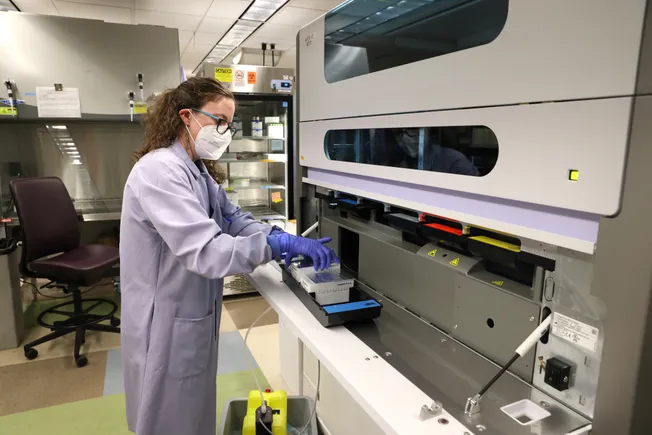


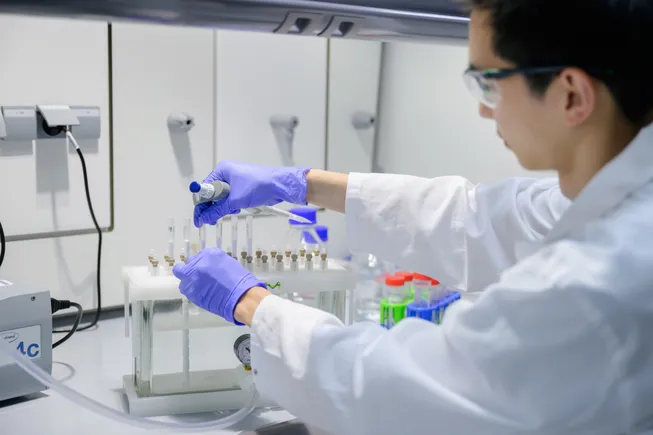











































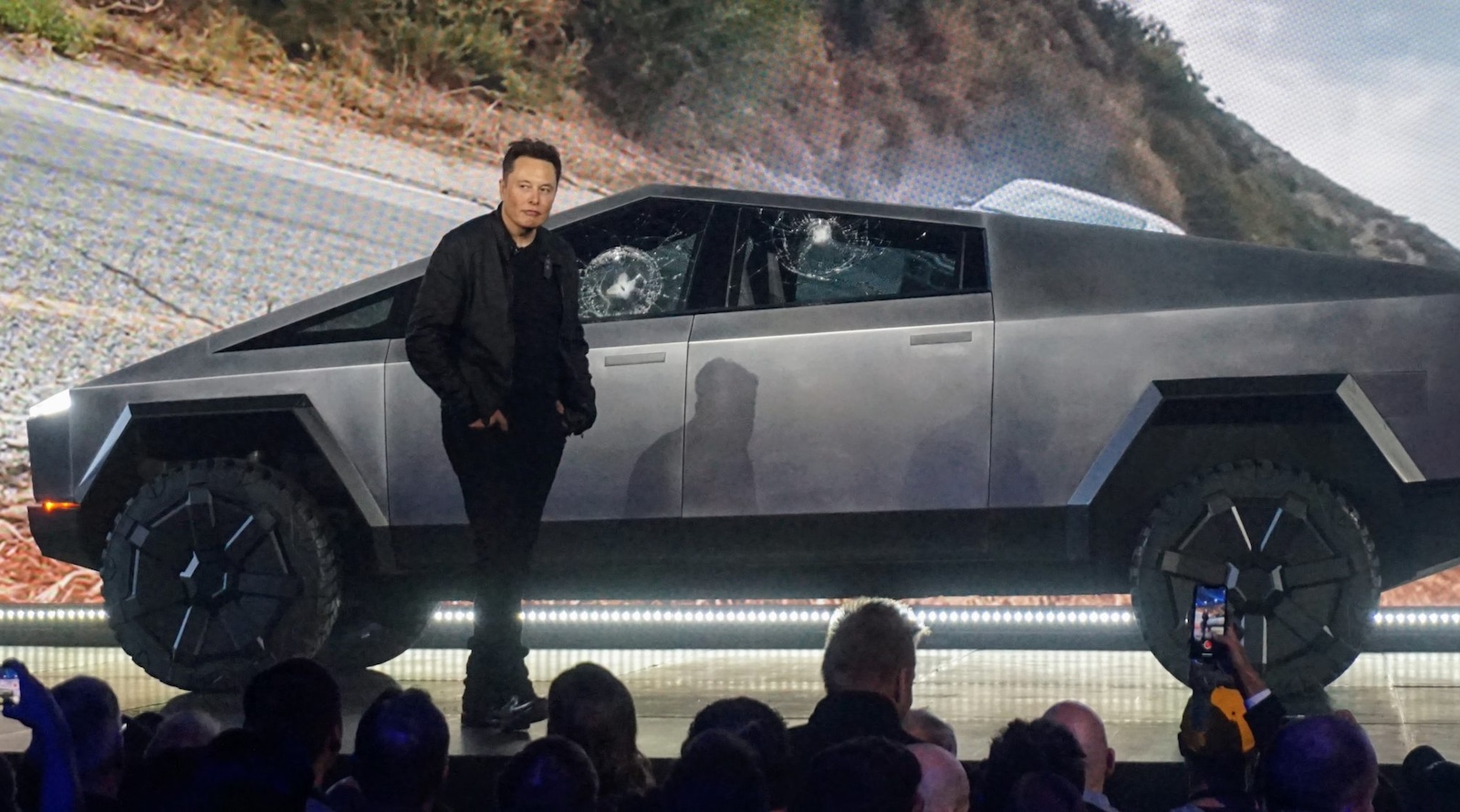

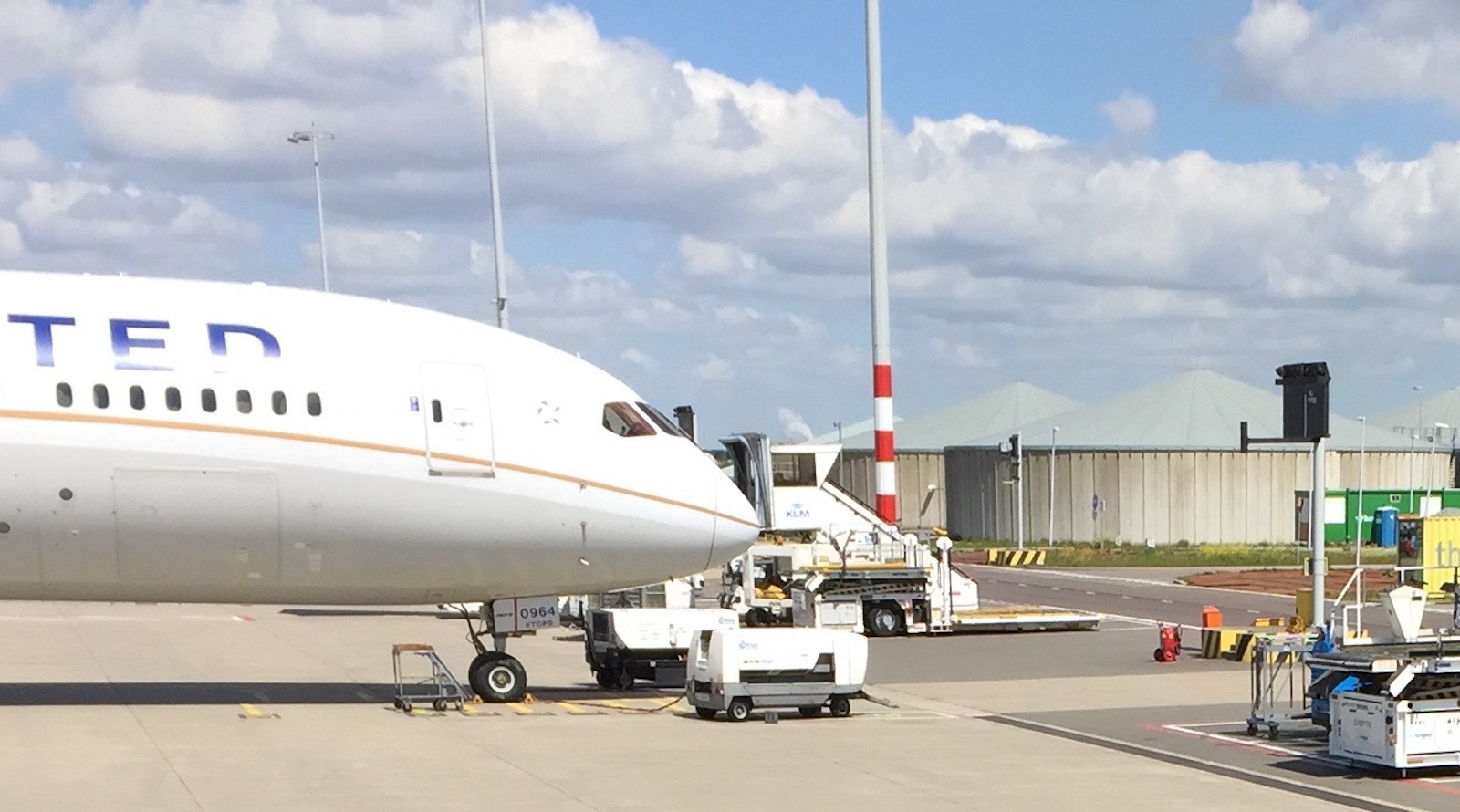











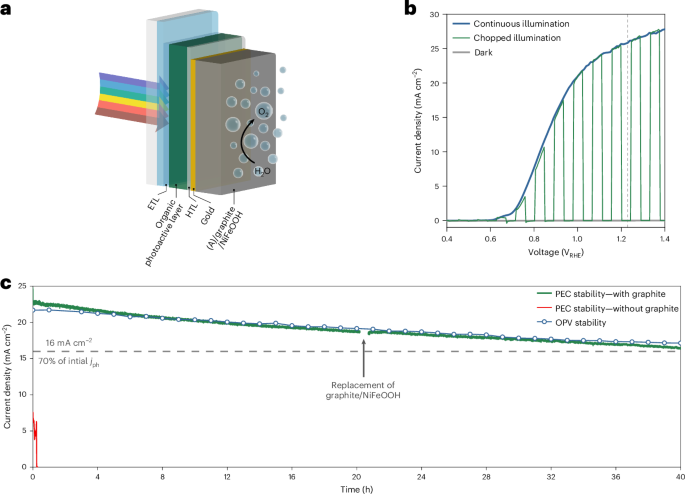
























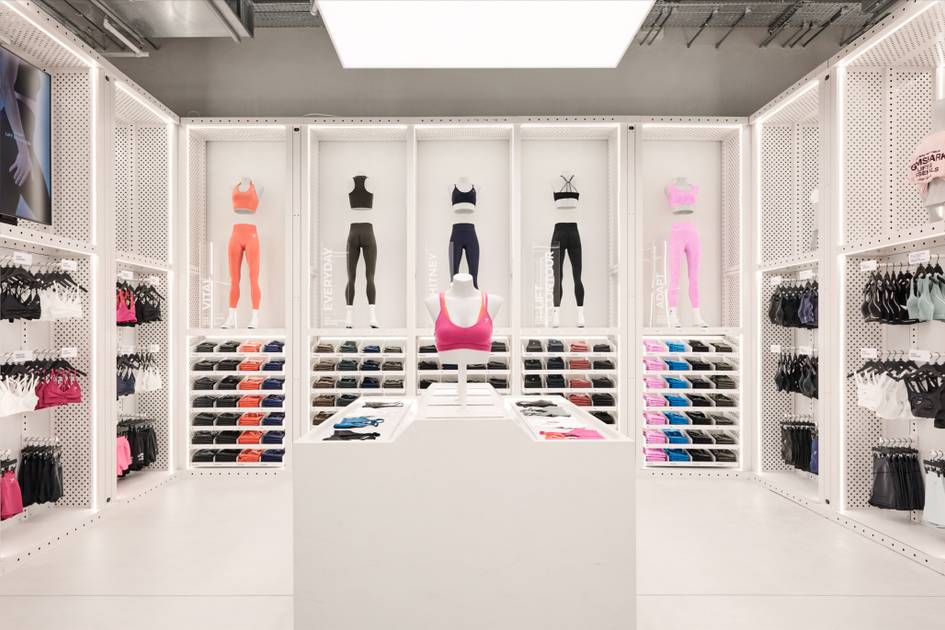


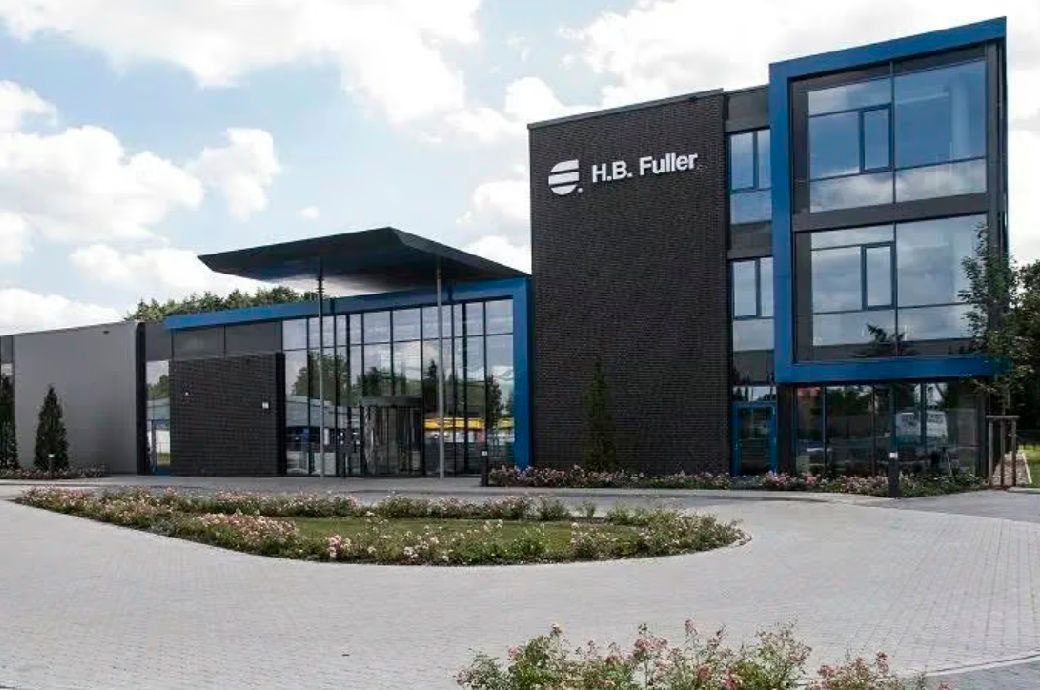








.jpg)








